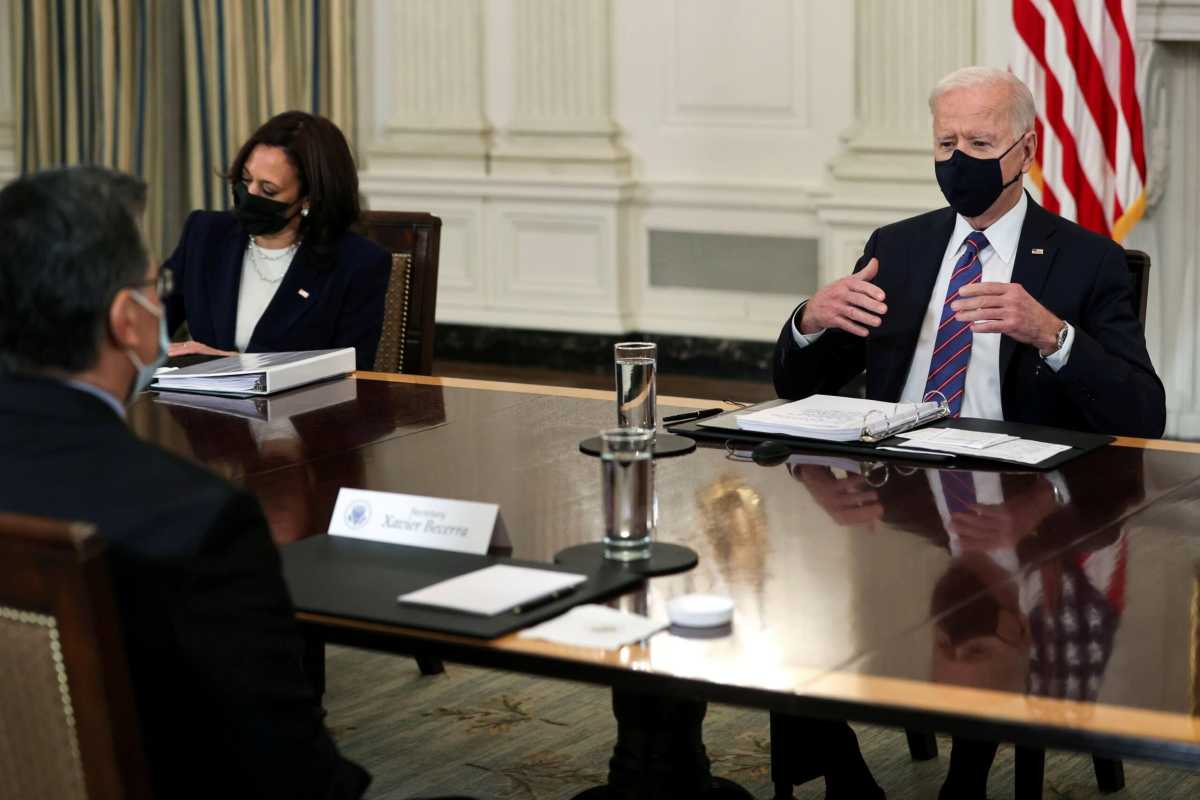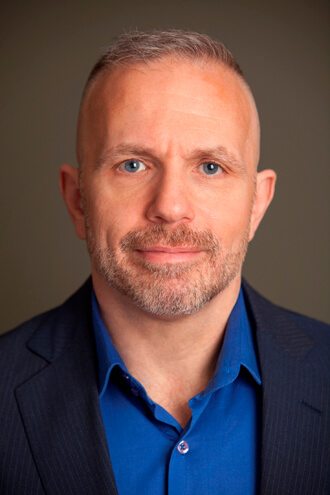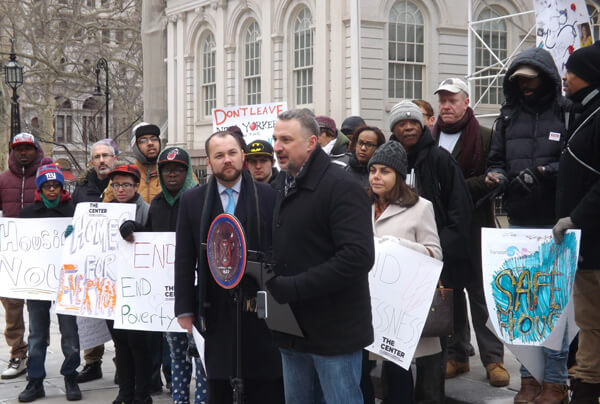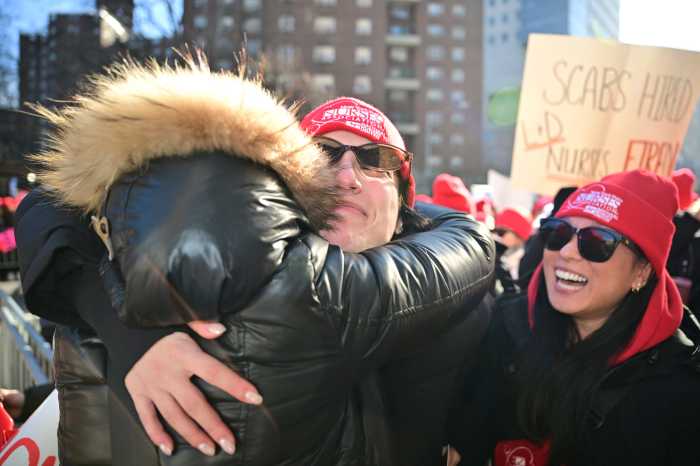A group of advisors who provide recommendations to the president on issues pertaining to HIV/AIDS is working with the White House to ramp up private sector involvement in efforts to end the epidemic, particularly among organizations and entities that play major roles in healthcare delivery or have a significant base of employees living with HIV/AIDS.
Marlene McNeese and John Weisman, co-chairs of The Presidential Advisory Council on HIV/AIDS (PACHA), delivered a letter in November to Health and Human Services (HHS) Secretary Xavier Becerra containing a 10-point list of recommendations on facilitating private sector involvement in the fight against HIV/AIDS. The letter, which was unanimously adopted by members of PACHA during a recent virtual meeting, noted that much of the work around HIV prevention and treatment has been based on government-funded initiatives and partnerships with impacted communities.
McNeese and Wiesman stressed that boosting private sector participation could bolster existing work by government and community organizations, while also reducing stigma — a key motivating factor behind the new plan — surrounding issues pertaining to HIV/AIDS.
“We don’t just want the HIV companies involved; we want other healthcare companies like CVS, but also influencers like Facebook and Google, and Apple, where there are a lot of employees and people affected by HIV,” Carl Schmid, a member of PACHA and executive director of the HIV+Hepatitis Policy Institute, told Gay City News in a phone interview. Schmid has been deeply involved in HIV/AIDS work
CVS, for example, has discussed increasing HIV testing in their “minute clinic,” said Schmid, who envisions a wide range of groups involved in the effort, such as faith-based organizations, unions, and educators, though the exact involvement of those groups has yet to be determined.
While PACHA sent the letter to HHS asking the White House to join the private sector push, Schmid said he has been working on the plan “directly at the request of the White House.”
The new push by the White House would include creating a central organizing body with private sector partners to develop and establish activities and best practices; dedicating staff resources to the programs; and periodically hosting White House/HHS events to demonstrate the power of the private sector to improve HIV response efforts in impacted communities. The role of the private sector, the letter said, should speak to communities most impacted by HIV — including gay men, particularly Black and Latinx gay men; Black women; transgender women; young individuals; the Native American population; folks in the south; and those who suffer from substance abuse.
The letter also emphasized the importance of collaboration between HHS, the HIV community, and HIV experts to shape goals aimed at speeding up HIV response across the country.
PACHA is urging the White House to begin working with agencies in the administration in order to begin facilitating the new recommendations.
It is not clear how long the private sector plans have been in the works, but Schmid said the Trump administration was contemplating a similar approach — at least before the COVID-19 pandemic threw a wrench into everything. But now the Biden administration appears willing to move ahead with it, and the White House is expected to unveil the new iniative on World AIDS Day on December 1.
Among the missing components of the private sector plan at the moment is PrEP. Research surrounding HIV prevention is ongoing and experts are studying new forms of injectable PrEP, which have shown promising results in early trials. Schmid envisions the private sector carrying out work to reduce stigma about PrEP and inform people through educational campaigns for local communities as well as for healthcare providers — especially at a time when too many providers are still not knowledgeable enough about PrEP.
An HHS spokesperson did not respond to a request for comment for this story. The White House is expected to make an announcement about the private sector plan on World AIDS Day, December 1.



































